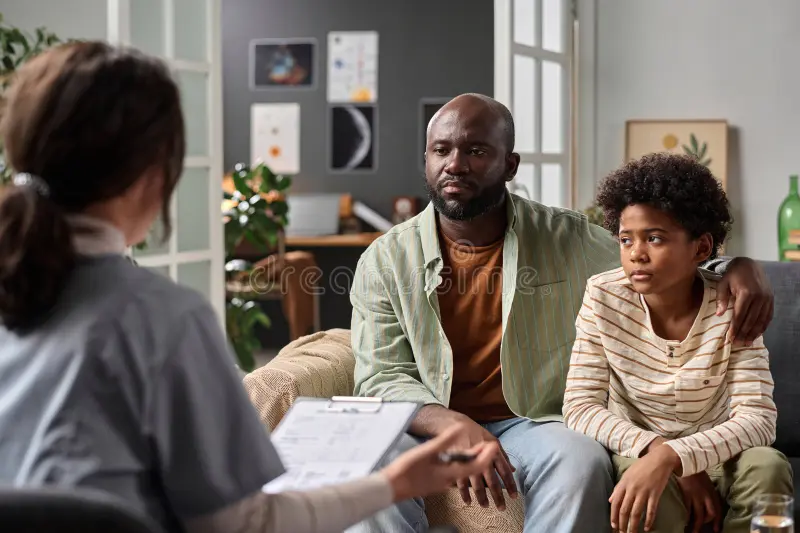24/7 Helpline:
(866) 899-221924/7 Helpline:
(866) 899-2219
Learn more about Couples Rehab centers in Cedar County
Couples Rehab in Other Counties
Other Categories in Cedar County

Other Insurance Options

Coventry Health Care

BlueCross

Evernorth

Horizon Healthcare Service

Kaiser Permanente

UnitedHealth Group

GEHA

CareFirst

Group Health Incorporated

Choice Care Network

Access to Recovery (ATR) Voucher

Ambetter

Cigna

American Behavioral

Excellus
Beacon

Amerigroup

WellPoint

Absolute Total Care

Regence

Compass Health Network – El Dorado Springs
Pathways Community Health - West Broadway Street provides mental health and substance use disorder t...

























Compass Health Network – SW Missouri Psychiatric Rehabilitation Center
The Compass Health Network (CHN) SW Missouri Psychiatric Rehabilitation Center provides substance ab...

Preferred Family Healthcare – El Dorado Springs
Preferred Family Healthcare – El Dorado Springs is a private rehab located in El Dorado Springs, Mis...






